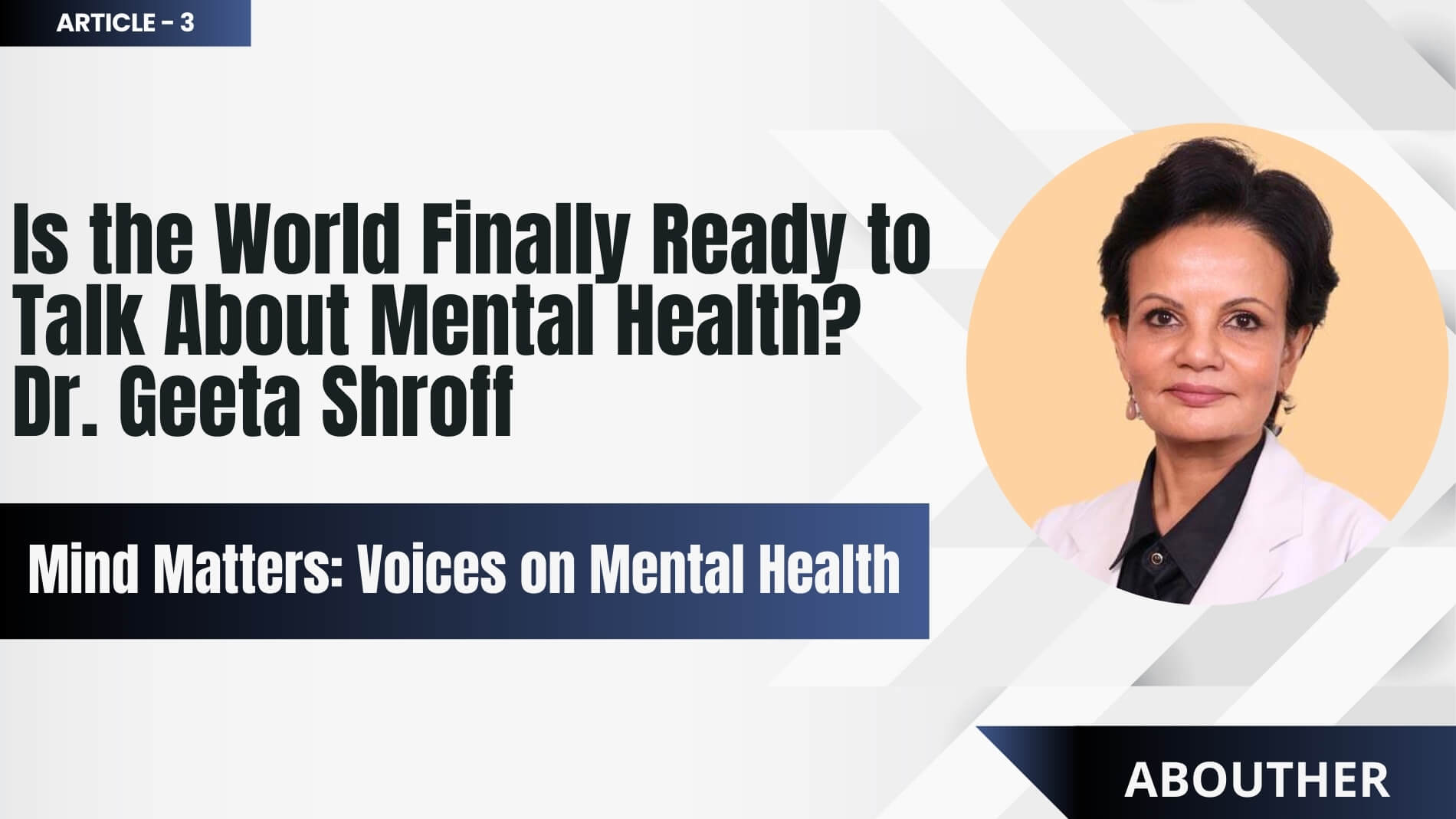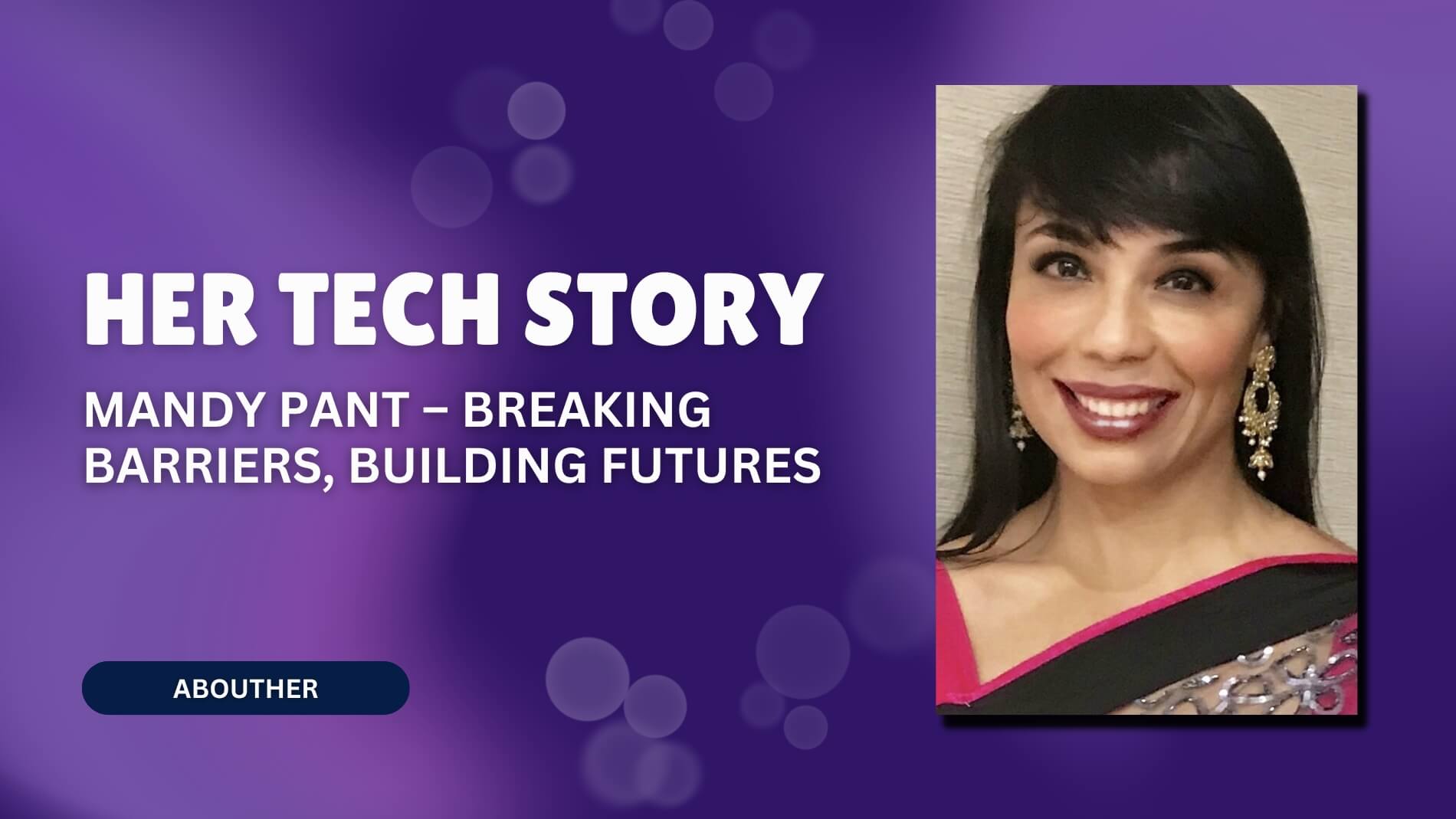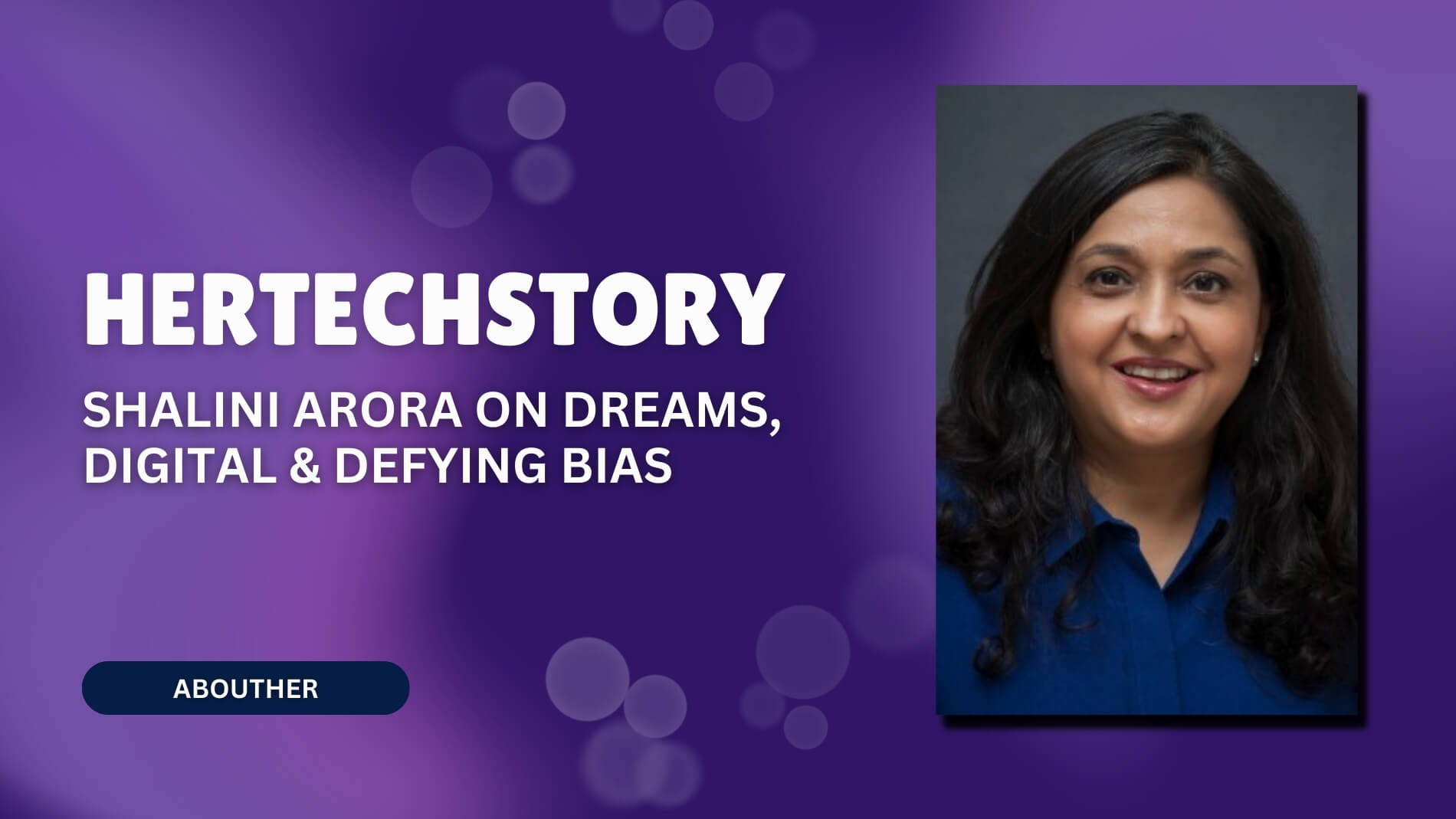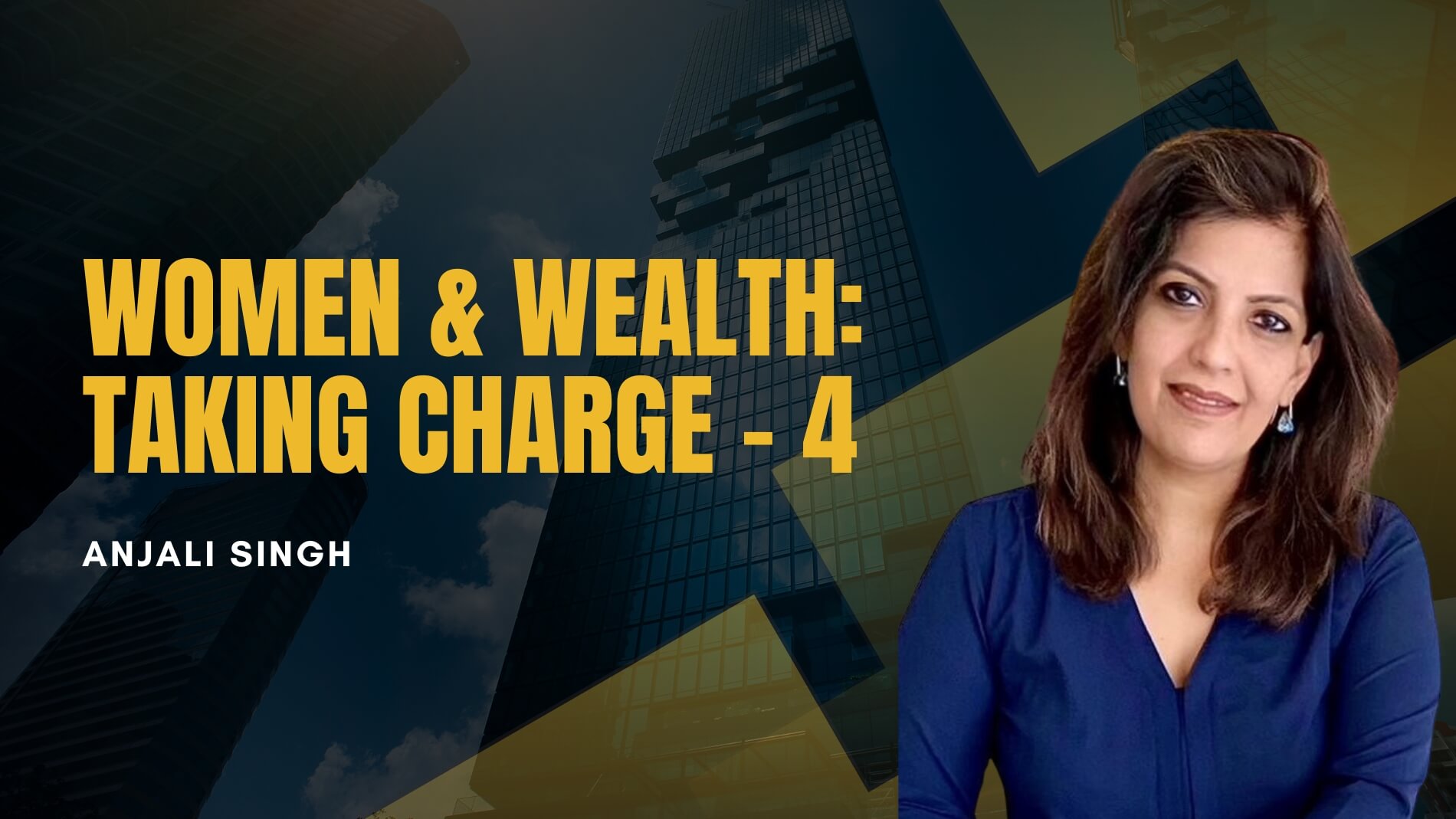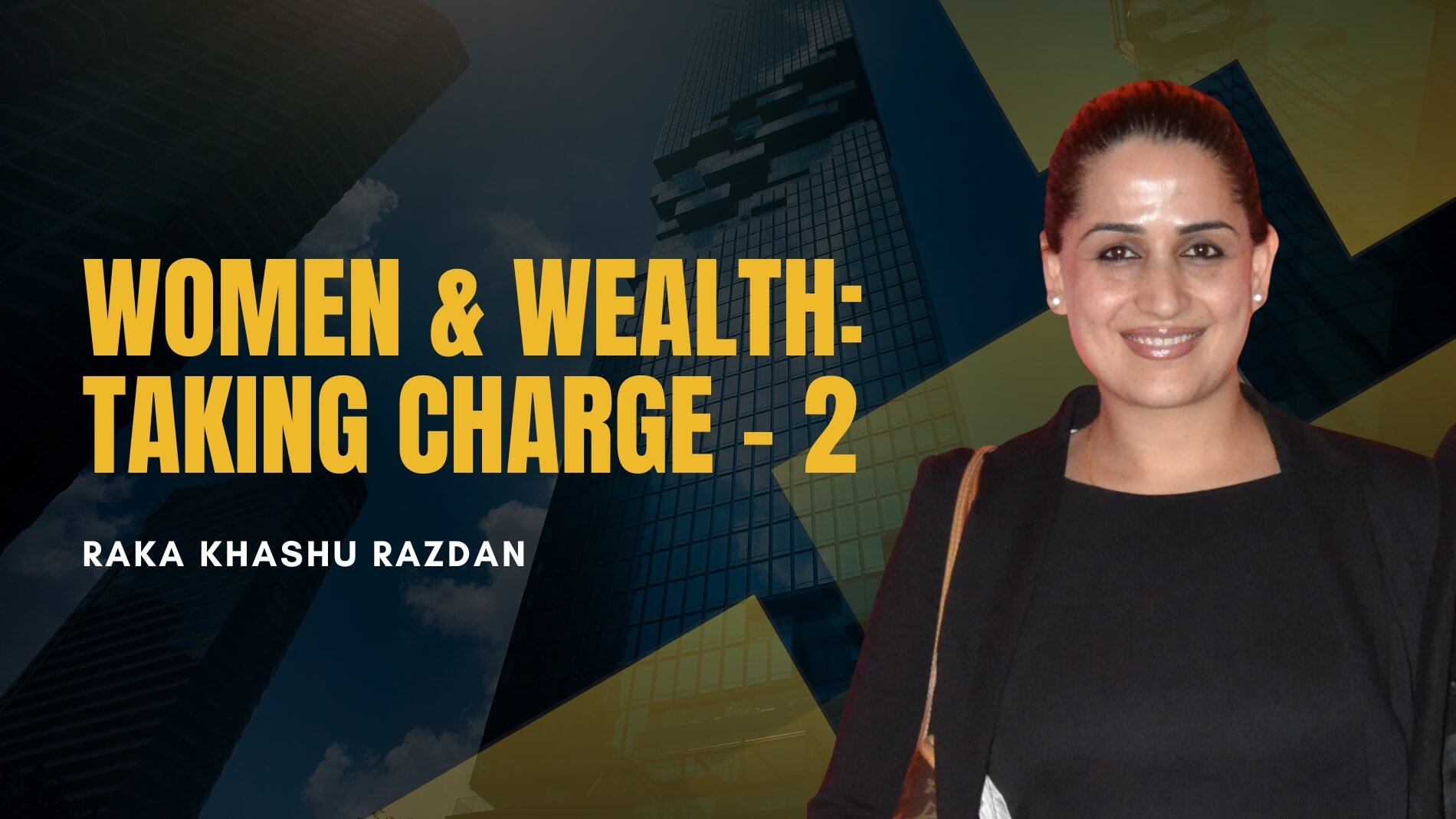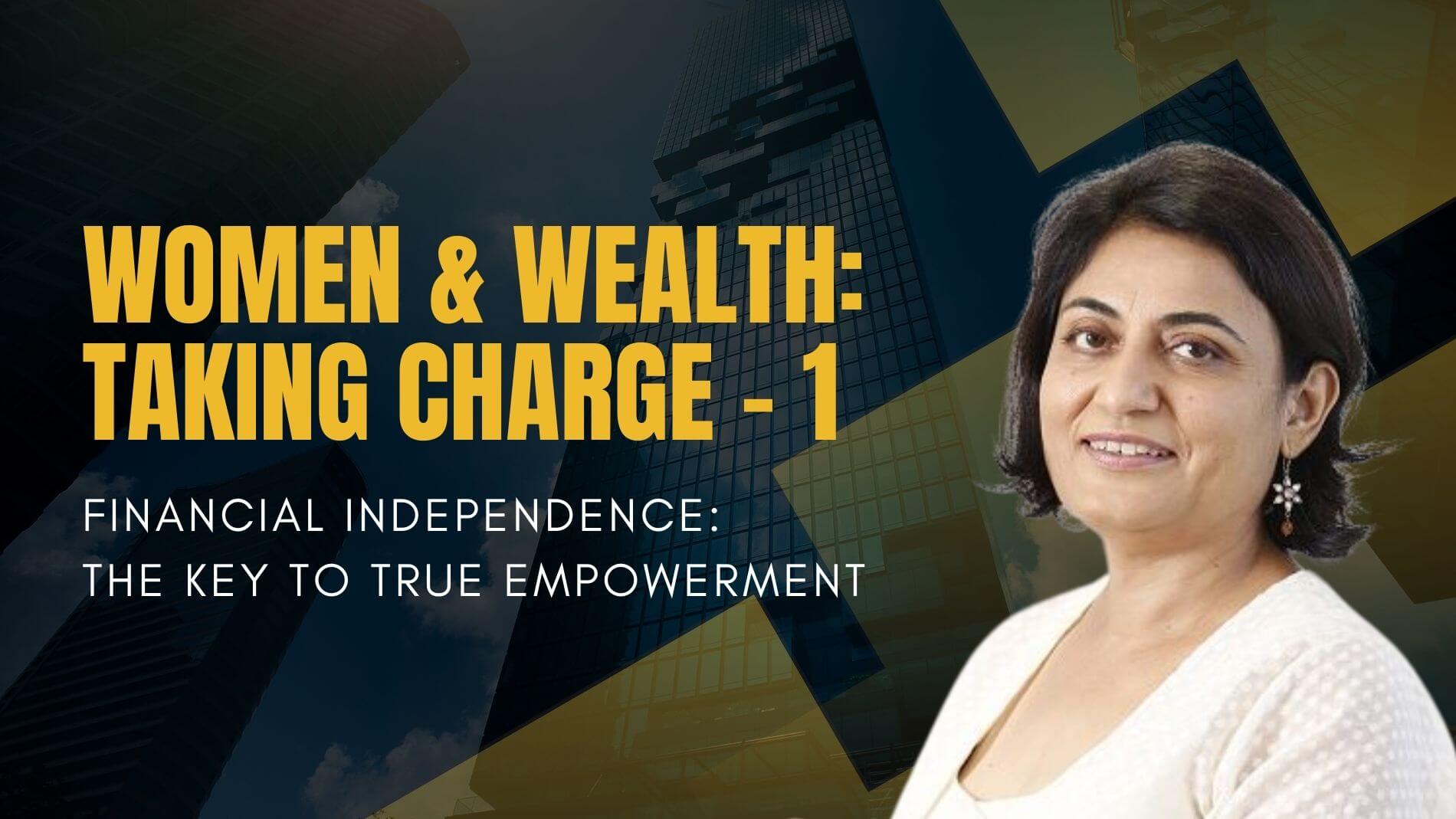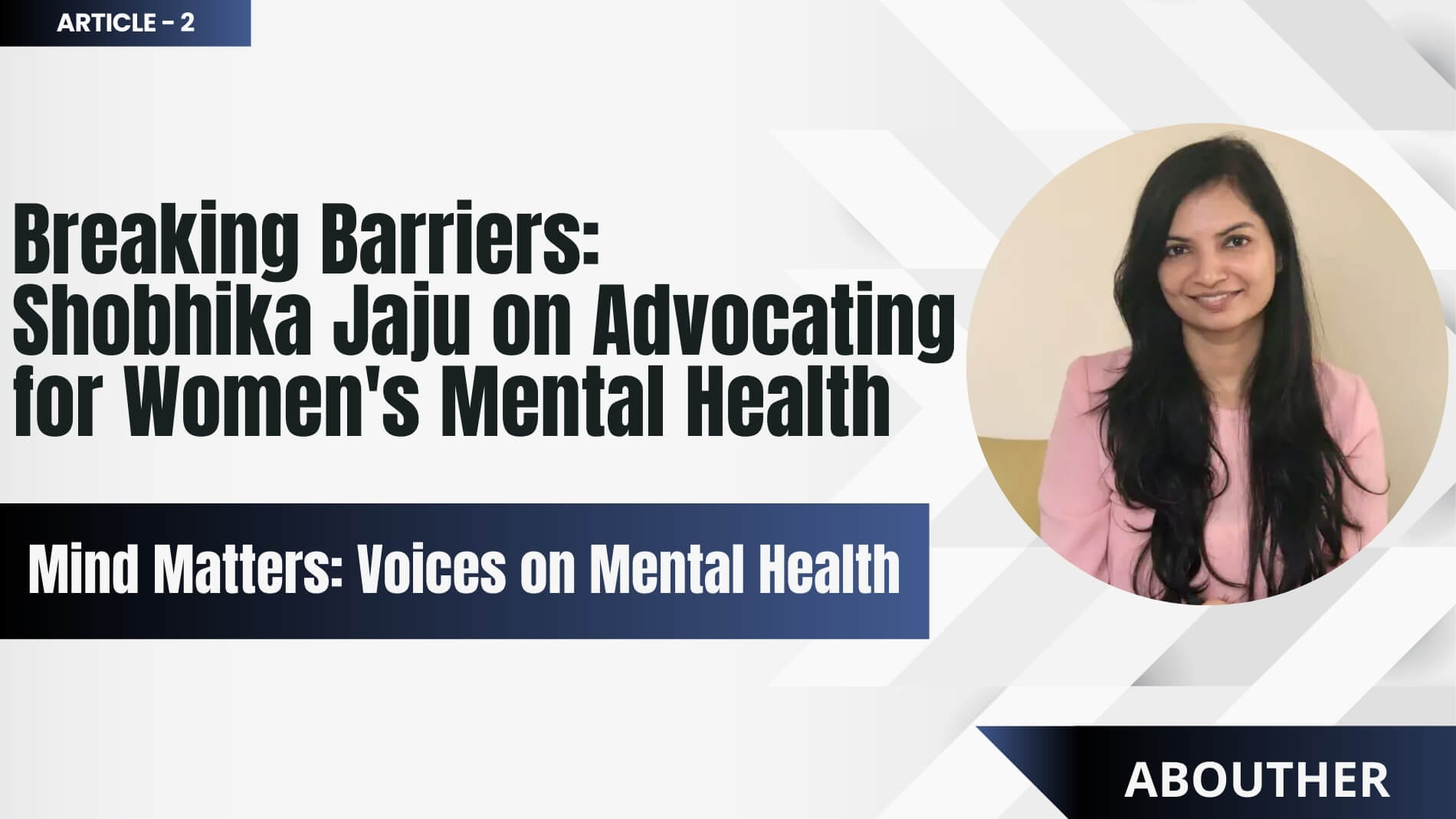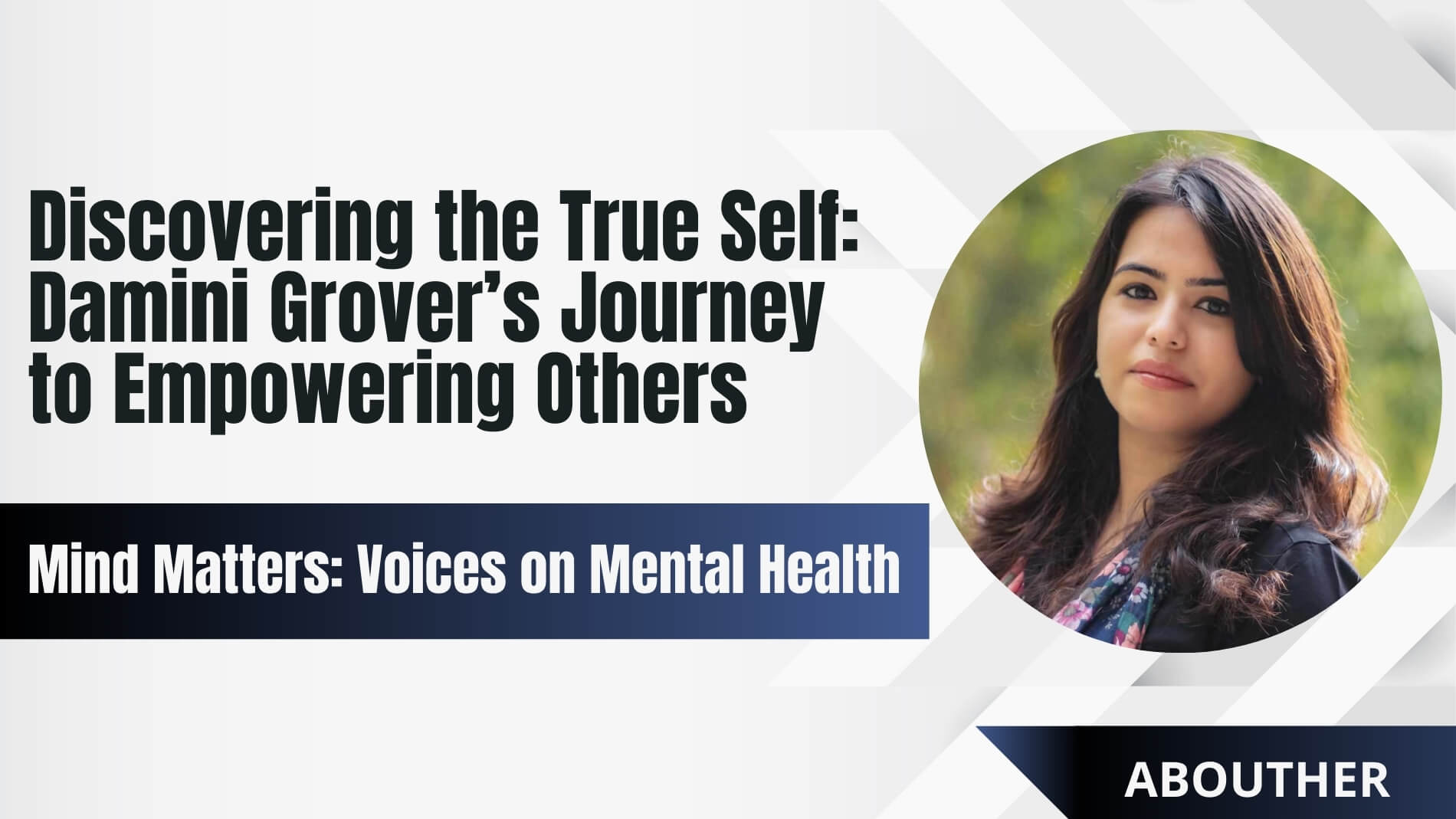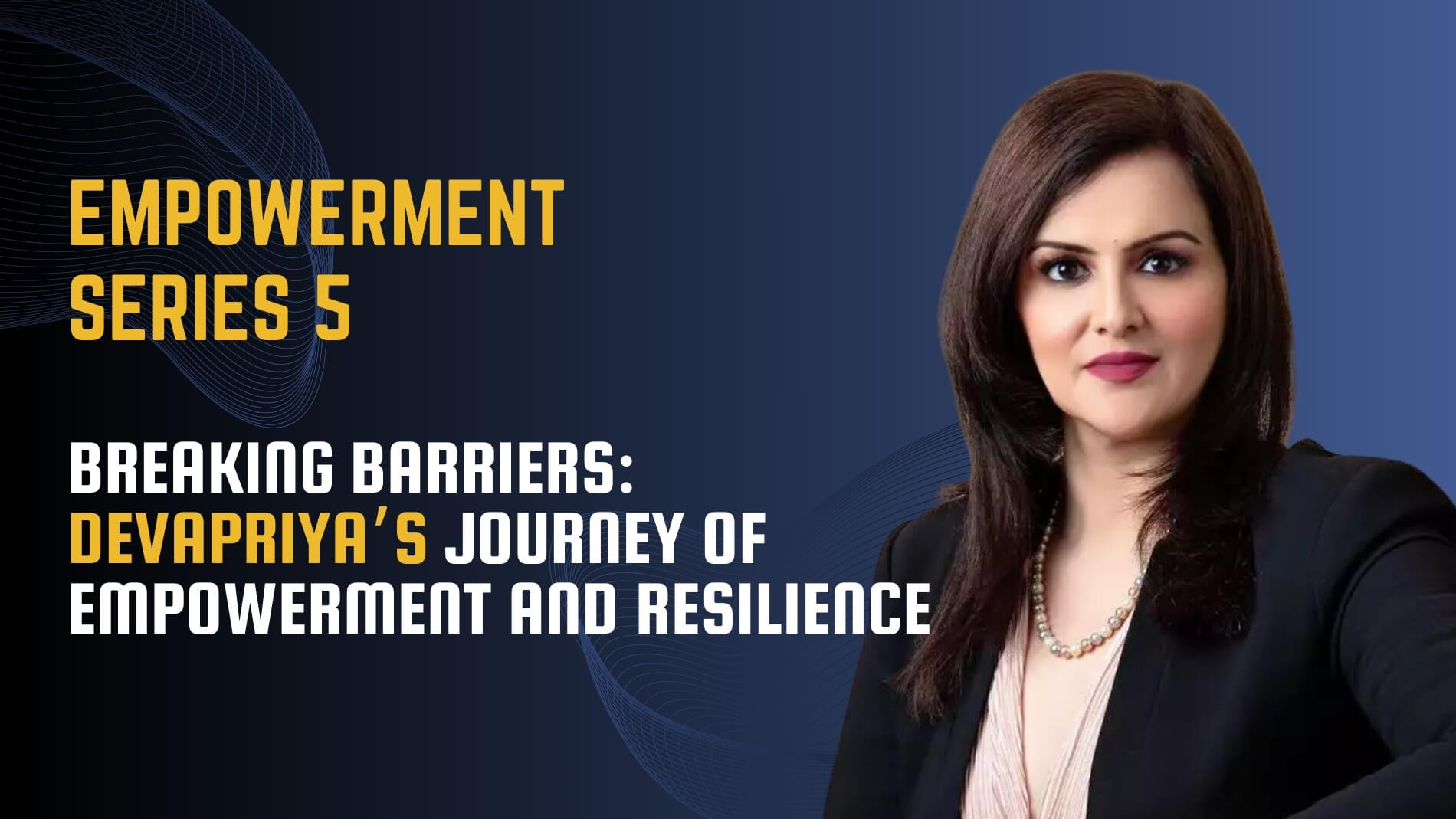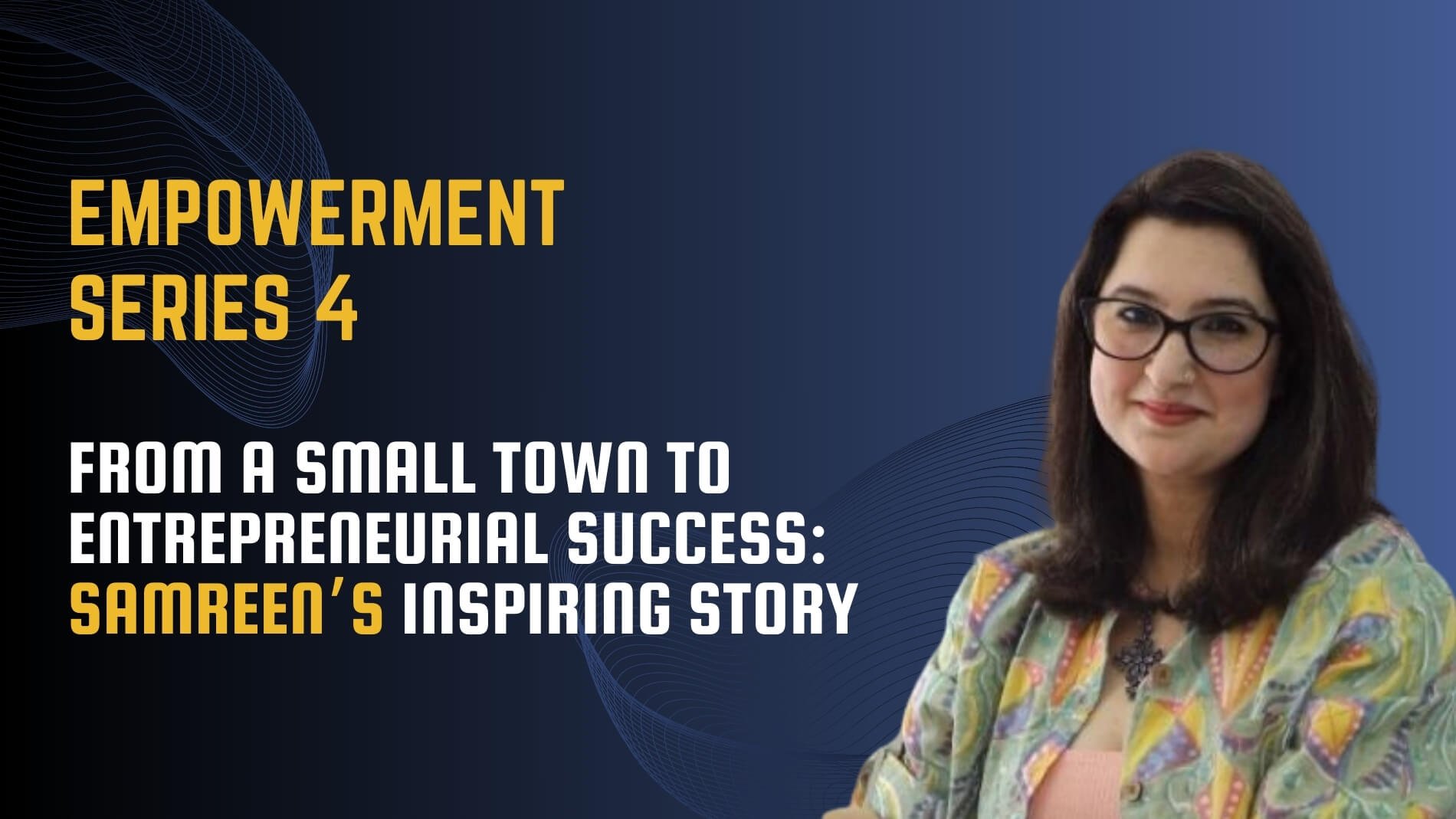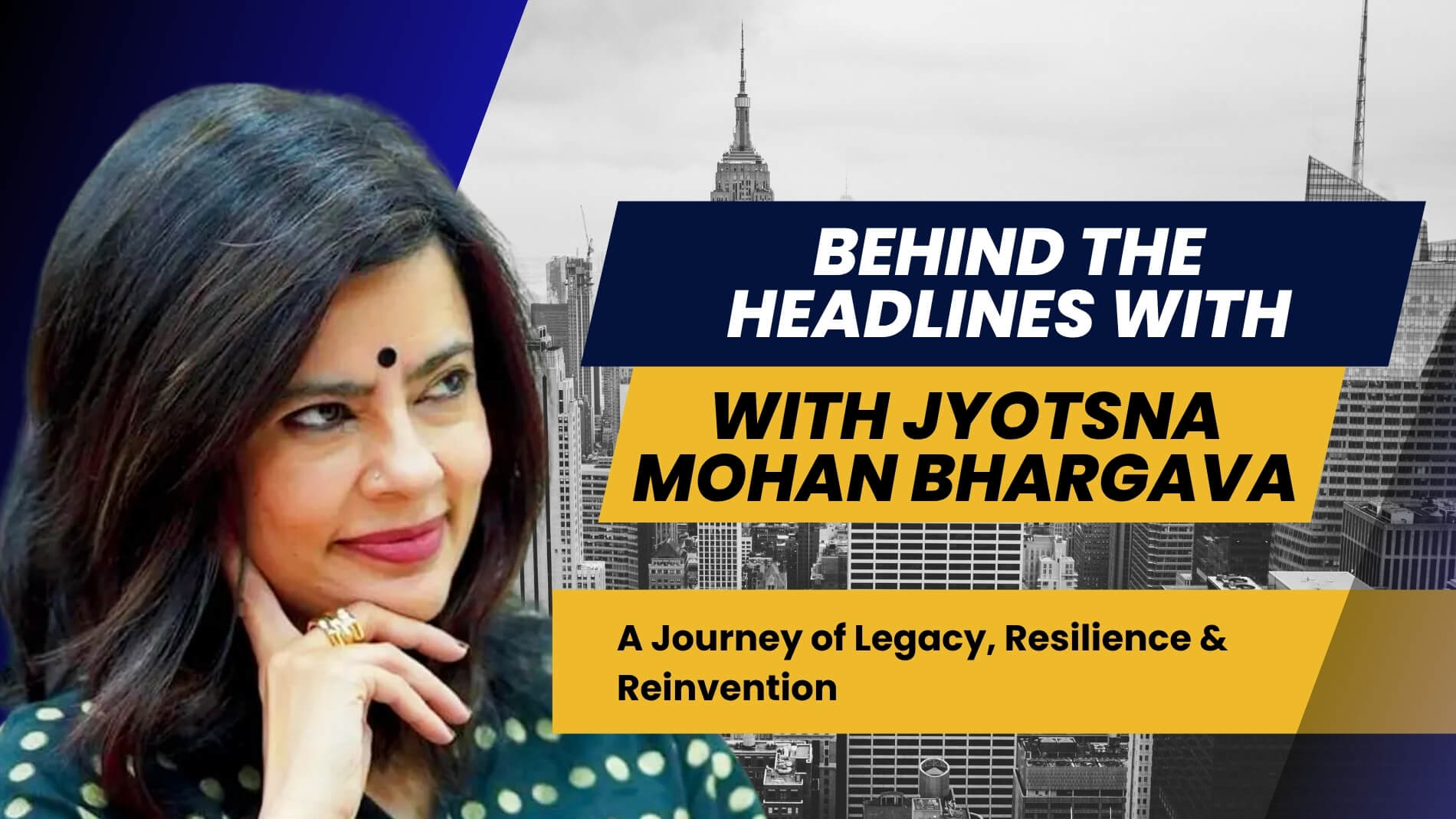Is the World Finally Ready to Talk About Mental Health? with Dr Geeta Shroff
In recent years, the conversation surrounding mental health has grown significantly, but there is still much work to be done in breaking the stigma and ensuring that mental well-being is treated with the same importance as physical health. While society has become more open to discussing mental health, many individuals still struggle to seek help due to cultural, social, and systemic barriers.
Breaking the Stigma: Mental Health Is Treatable
One of the most persistent misconceptions about mental health is that it is an untreatable condition, something that a person must endure for life. However, Dr Geeta Shroff, founder of Lighthouse Counseling Center, emphasises that mental health issues, like physical ailments, can be managed and treated with the right intervention. Therapy, medication, lifestyle changes, and community support all play a crucial role in addressing mental health challenges.
Despite this, many people hesitate to seek help due to societal stigma. Historically, admitting to struggling with mental health has been seen as a sign of weakness, particularly in cultures that prioritise resilience and self-reliance. Dr Shroff stresses the importance of reframing this mindset and recognizing that seeking help is a sign of strength rather than weakness.
The Role of Culture and Social Conditioning
Cultural background plays a significant role in shaping attitudes toward mental health. In many traditional societies, including India, mental health has long been a taboo subject. The deep-rooted preference for sons, for instance, has contributed to an environment where women’s mental health is often overlooked. Women are frequently expected to shoulder multiple responsibilities without complaint, leading to severe emotional and psychological burdens.
Also Read: Breaking Barriers: Shobhika Jaju on Advocating for Women’s Mental Health
Fortunately, younger generations are helping shift this narrative. Increasing awareness through education, social media, and global movements has encouraged more open discussions about mental well-being. Schools and workplaces are beginning to integrate mental health awareness into their programs, and more individuals are advocating for access to mental health resources.
Women and Mental Health: Unique Challenges
Women face a unique set of challenges when it comes to mental health. The societal expectations placed upon them often result in stress, anxiety, and depression. Women frequently juggle multiple roles—daughter, wife, mother, professional—while also dealing with societal pressures related to appearance, caregiving, and career advancement.
Hormonal changes further impact women’s mental well-being. Conditions such as premenstrual dysphoric disorder (PMDD), postpartum depression, and menopause-related mood swings can significantly affect daily life. Yet, these issues are rarely given the attention they deserve. Dr Shroff’s Lighthouse Counseling Center addresses these gaps by providing a structured support system for women. The centre offers therapy, curated workshops, and career counselling to help women navigate their mental health challenges in a supportive environment. Additionally, The Harbor, a safe community space within the centre, allows women to take time for themselves without societal judgment.
The Modern Struggles: Social Media, Perfectionism, and Quick Gratification
In the digital age, social media plays a crucial role in shaping perceptions of self-worth. Constant exposure to curated perfection, unrealistic beauty standards, and the pressure to maintain an idealised life contribute to mental health struggles, particularly among young people.
Dr Shroff highlights that social media fosters comparison and inadequacy, leading to anxiety and self-doubt. The phenomenon of quick gratification—where likes, comments, and shares serve as instant validation—further complicates mental health. Young individuals often feel pressure to present an idealised version of their lives, and any deviation from these unrealistic standards can result in emotional distress.
Therapy and guided self-awareness can help individuals navigate these challenges by fostering a healthier relationship with social media and self-image. Setting boundaries, practising digital detoxes, and prioritising real-life connections over virtual validation can significantly improve mental well-being.
Encouraging the First Step: Seeking Help
Many individuals acknowledge their mental health struggles but are unsure of where to begin in seeking help. Dr Shroff advises starting with small steps—whether it’s reading about mental health, engaging in self-care activities, or reaching out to a trusted friend or professional.
For those hesitant to visit a therapist due to societal restrictions, online counselling platforms provide discreet and effective solutions. The accessibility of virtual therapy has expanded significantly in the post-pandemic world, making it easier for individuals to seek support without the fear of judgment.
Looking Ahead: The Future of Mental Health Awareness
The COVID-19 pandemic acted as a turning point for mental health awareness. As people experienced unprecedented stress, anxiety, and isolation, conversations about mental well-being gained traction. Governments, corporations, and educational institutions began acknowledging the importance of mental health support.
Also Read: Discovering the True Self: Damini Grover’s Journey to Empowering Others
However, there is still a long way to go. Schools must integrate mental health education into their curriculums, workplaces must foster environments that prioritise employee well-being, and policymakers must ensure that mental health care is accessible to all. Additionally, regulating social media exposure for young minds is crucial in preventing the psychological impacts of digital addiction.
A Call to Action
Mental health, like physical health, requires ongoing care and attention. Whether it’s through therapy, mindfulness practices, or simply having open conversations, prioritising mental well-being should be a collective effort. The more society normalises discussions around mental health, the easier it will become for individuals to seek help without fear of judgment.
As the stigma surrounding mental health continues to fade, it is essential to remember that mental well-being is not a privilege—it is a necessity. By fostering awareness, education, and support, we can create a world where mental health is given the importance it deserves.
Share This On Social
![Sangeeta-Relan-AH-525×410[1]](https://slategray-flamingo-696901.hostingersite.com/wp-content/uploads/2024/06/Sangeeta-Relan-AH-525x4101-1.jpeg)
I’m Sangeeta Relan—an educator, writer, podcaster, researcher, and the founder of AboutHer. With over 30 years of experience teaching at the university level, I’ve also journeyed through life as a corporate wife, a mother, and now, a storyteller.
Recent Posts

